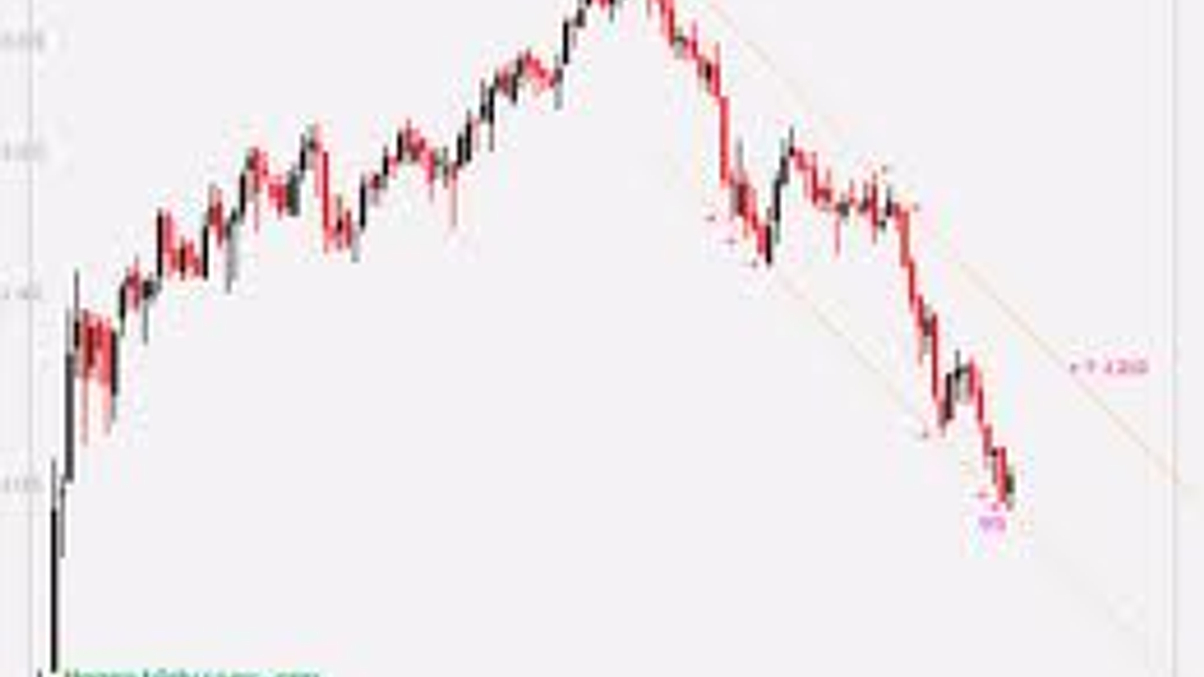India retail stock move unlikely to boost liquidity
Traders are awaiting additional rulings from Sebi to determine whether India's move to encourage overseas retail investors can improve liquidity in the stock market.

The announcement by India’s finance ministry this week that it will open the country’s stock market to direct trading by foreign retail investors has left equity traders unimpressed.
Sign In to Your Account
Access Exclusive AsianInvestor Content!
Please sign in to your subscription to unlock full access to our premium AI resources.
Free Registration & 7-Day Trial
Register now to enjoy a 7-day free trial—no registration fees required. Click the link to get started.
Note: This free trial is a one-time offer.
¬ Haymarket Media Limited. All rights reserved.


